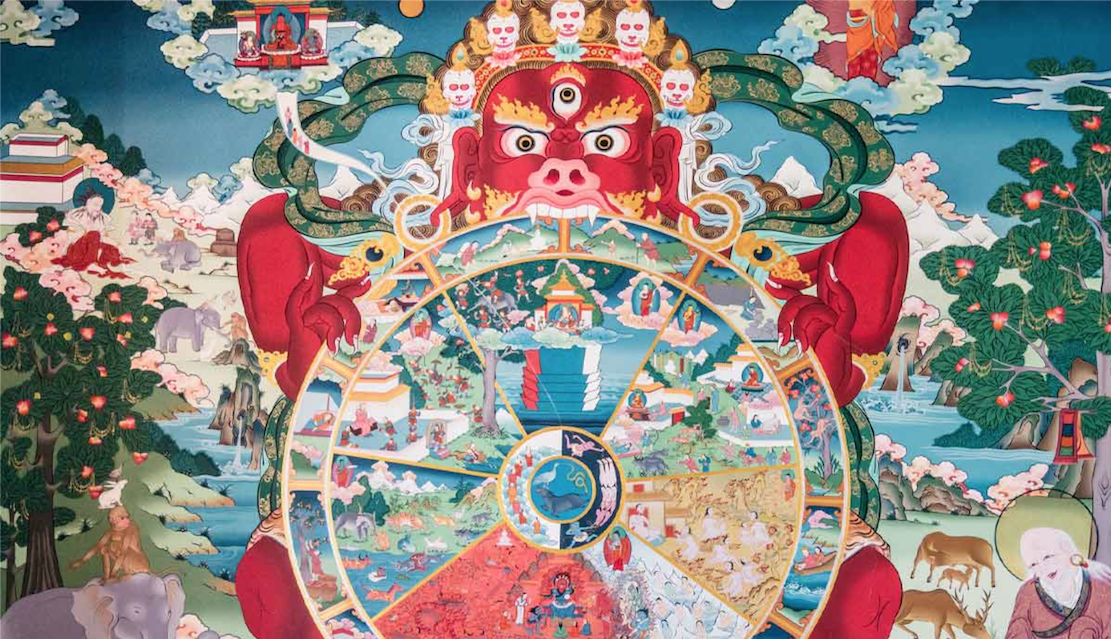Saṃsāra is a Sanskrit term meaning “wandering” or “continuous flow.” In Indian philosophy, it refers to the cycle of birth, death, and rebirth, driven by karma. Saṃsāra is characterized by impermanence, suffering, and bondage to desire and ignorance. Liberation (Mokṣa in Hinduism and Jainism, Nirvāṇa in Buddhism) is freedom from this cycle.
The idea of Saṃsāra appears across Hinduism, Buddhism, and Jainism:
- Hinduism: Saṃsāra is the endless cycle of reincarnation, governed by karma. Liberation (Mokṣa) comes through realizing one’s true Self beyond ego.
- Buddhism: Saṃsāra represents the world of suffering (dukkha), maintained by craving and ignorance. Liberation (Nirvāṇa) is the cessation of this cycle.
- Jainism: Saṃsāra is the soul’s entanglement in karmic matter, from which it seeks release.
The concept likely evolved from Vedic ideas of rebirth and grew central in Indian spiritual traditions as a way to frame the existential problem of suffering.
In my use, Saṃsāra is not only a cosmic cycle but also the psychological and energetic loops we repeat daily — patterns of attachment, fear, and illusion that bind us. The word points both to the metaphysical cycle of existence and the personal experience of being trapped in unconscious repetition. Saṃsāra names the cage, while Mokṣa or Nirvāṇa names the freedom.




.svg)
.svg)

.svg)

